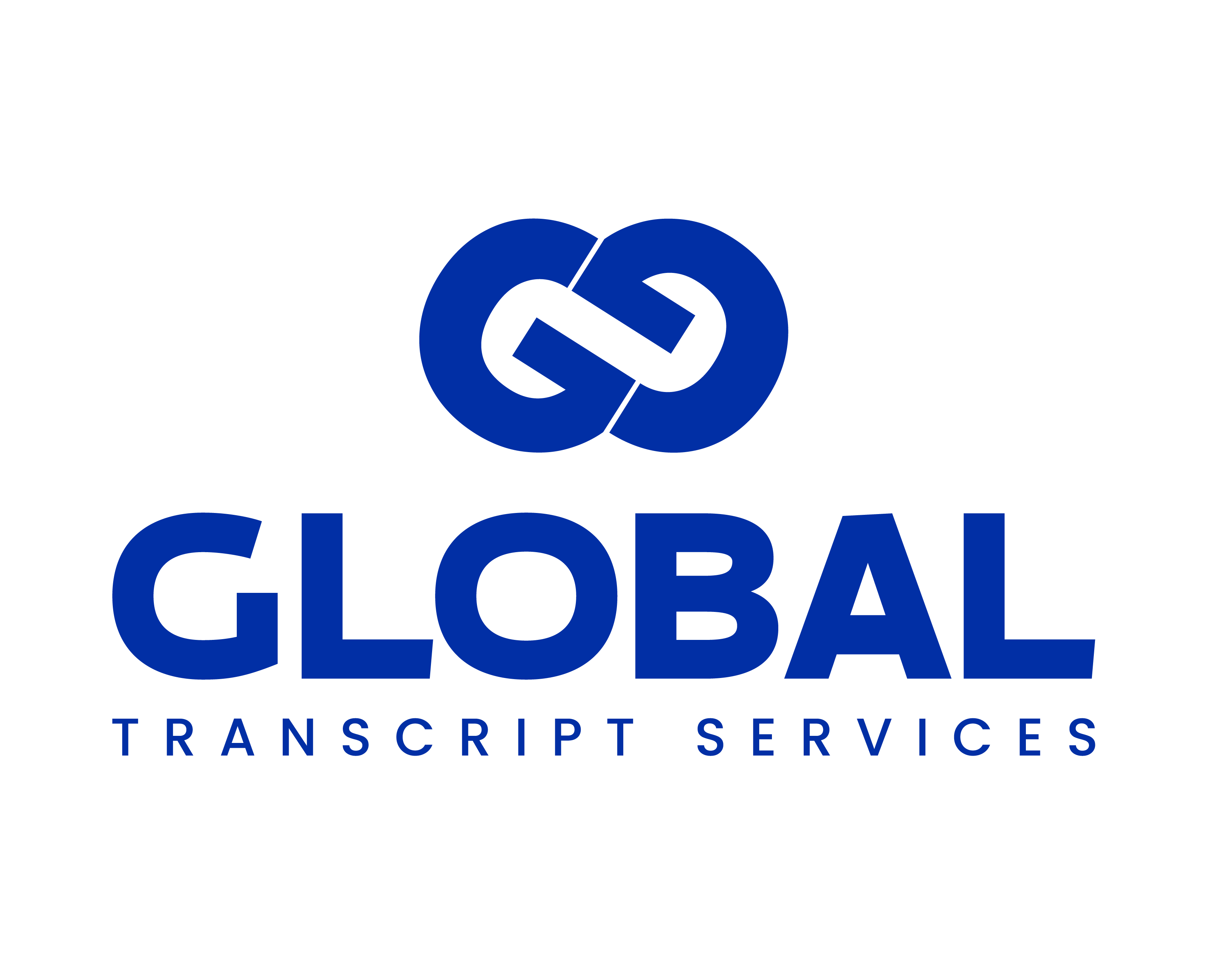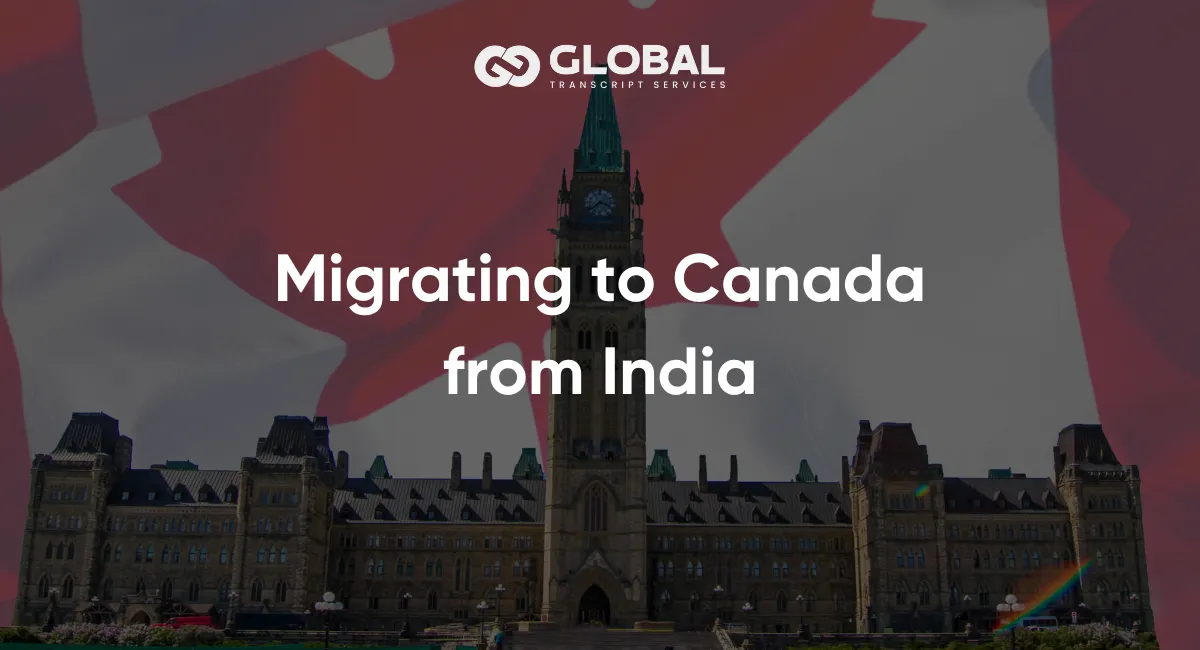The trend of Indian immigrants moving to Canada has surged dramatically in recent years. Between 2013 and 2023, the number of Indians immigrating to Canada increased from 32,828 to 139,715, marking a staggering rise of 326%, according to Forbes. This growth reflects a broader shift, as many Indian students now prefer Canadian universities over those in the United States. Canada’s favourable immigration policies play a significant role in attracting and retaining talent, especially from India.
Canada’s immigration system is designed to be more accessible compared to the U.S., where obtaining work visas and permanent residency can be challenging. For instance, Canada has no annual limit on high-skilled temporary visas, and most applications are processed within two weeks. This has made Canada a preferred destination for skilled workers and students alike.
Why Migrate to Canada?
Canada offers a wealth of opportunities for Indian immigrants, making it an attractive destination for those seeking a better future. Here are some key reasons why migrating to Canada is a wise choice:
Economic Opportunities
Canada’s job market is thriving, particularly in sectors where Indian professionals excel, such as information and communication technology (ICT), healthcare, and engineering. The country’s strong economy and stable job market provide ample opportunities for skilled workers to build successful careers.
Quality of Life
Canada is renowned for its high quality of life, universal healthcare system, excellent education, and safe, stable society. The country consistently ranks among the best places to live in the world, offering a comfortable standard of living and a welcoming environment for immigrants and their families.
Cultural Diversity
Canada embraces diversity and is home to a large and vibrant Indian diaspora. Indian culture and traditions are celebrated nationwide, and immigrants can find a strong sense of community and support. The welcoming nature of Canadian society makes it easy for newcomers to integrate and thrive.
With its abundant economic opportunities, excellent quality of life, and cultural diversity, Canada is an ideal destination for Indian immigrants looking to build a better future for themselves and their families.
How to Migrate to Canada from India
Migrating to Canada from India involves navigating various immigration programs. Here’s a breakdown of the key options available to you.
Immigration Programs
Federal Skilled Worker Program (FSWP)
The Federal Skilled Worker Program (FSWP) is ideal for skilled workers who want to immigrate to Canada. To be eligible, these criteria must be met:
- Work Experience: A minimum of one year of consistently working full-time in a skilled field.
- Language Proficiency: A minimum score in an approved language test (IELTS, CELPIP, etc.).
- Education: A completed secondary or post-secondary education.
- Age: Candidates between 18 and 35 earn more points.
- Adaptability: Points for having a job offer or family in Canada.
To apply, create an Express Entry profile. Your profile will be assessed based on the Comprehensive Ranking System (CRS), which scores candidates on factors like age, education, and work experience. Candidates with the highest scores are invited to submit applications for permanent residency.
Provincial Nominee Program (PNP)
The Provincial Nominee Program (PNP) allows provinces and territories to nominate individuals for immigration based on local labour market needs. Here’s how it works:
- Choose a Province: Research provinces that align with your skills and experience.
- Apply for Nomination: Submit an application to the province for nomination.
- Express Entry Stream: If nominated, you can apply through the Express Entry system and gain an additional 600 CRS points, significantly increasing your chances of receiving an invitation to apply for permanent residency.
Each province has its own eligibility criteria and application process, so it’s essential to check the specific requirements for the province you’re interested in.
Express Entry System
The Express Entry System is the main way for skilled workers to immigrate into Canada. It manages applications for three federal immigration programs, including the FSWP. Here’s how it works:
- Create a Profile: Submit your profile online, detailing your qualifications, work experience, and language skills.
- CRS Scoring: You will receive a CRS score based on your profile.
- Invitation to Apply (ITA): The Canadian government conducts regular draws, inviting candidates with the highest scores to apply for permanent residency.
- Processing Time: If invited, you typically have 60 days to submit a complete application, which is processed within six months.
Family Sponsorship
If you have family members who are Canadian citizens or permanent residents, they can sponsor you for immigration. Here’s how family sponsorship works:
- Eligibility: Your sponsor must be at least 18 years old and able to support you financially.
- Application Process: Your sponsor submits a sponsorship application, and you must also apply for permanent residency.
- Types of Family Members: Eligible family members include spouses, common-law partners, dependent children, parents, and grandparents.
Family sponsorship provides a pathway for many immigrants to settle in Canada with the support of their loved ones.
Steps to Apply for Immigration
Applying for immigration to Canada from India involves several key steps. Here’s a detailed guide to help you through the process.
Preparation
Before you start your application, it’s crucial to prepare adequately. Two important components are:
- Educational Credential Assessment (ECA): An ECA evaluates your foreign educational credentials to ensure they meet Canadian standards. This assessment is essential for programs like the Federal Skilled Worker Program (FSWP). It can have a significant effect on your Comprehensive Ranking System (CRS) score. Organizations like World Education Services (WES) typically conduct ECAs.
- Language Proficiency Tests: You must demonstrate proficiency in English or French through an approved language test, such as IELTS or CELPIP for English. Achieving the required scores is vital for your application and can enhance your CRS score.
Global Transcript Services can assist with obtaining your educational transcripts and facilitating the ECA process, ensuring that you have the necessary documentation for your immigration application. This support can streamline your application and improve your chances of success.
Application Process
Here’s a step-by-step guide on how to submit your application through the Express Entry system or the Provincial Nominee Program (PNP):
- Complete Language Tests: Start by taking the required language proficiency test and obtaining your results.
- Get Your ECA: Apply for an Educational Credential Assessment to validate your educational qualifications.
- Create an Express Entry Profile: Go to the Immigration, Refugees and Citizenship Canada (IRCC) website and create your profile. Include all necessary details about your education, work experience, and language proficiency.
- Receive CRS Score: Your profile will be assessed, and you will receive a CRS score based on your qualifications.
- Apply for PNP (Optional): If you wish, you can also apply for a provincial nomination. If nominated, you will receive an additional 600 points, boosting your chances of receiving an Invitation to Apply (ITA).
- Receive an ITA: If your CRS score is high enough, you will receive an ITA during one of the regular draws.
- Submit Full Application: After receiving an ITA, you have 60 days to submit a complete application for permanent residency.
- Wait for Processing: The application processing time is typically around six months.
Documentation
The required documents may vary depending on the immigration stream you choose. Here’s a list of common documents needed:
- Passport: Valid travel documents for you and your family.
- Educational Credentials: Transcripts and diplomas, along with the ECA report.
- Language Test Results: Proof of your language proficiency.
- Work Experience Documents: Letters from employers detailing your job roles and responsibilities.
- Police Clearance Certificates: To confirm your criminal record status.
- Medical Exam Results: Medical examinations are required by approved physicians.
- Proof of Funds: Documentation showing you have enough money to support yourself and your family upon arrival in Canada.
By following these steps and preparing the required documents, you can navigate the immigration process more effectively and increase your chances of successfully moving to Canada.
Challenges and Post-Arrival Support
Migrating to Canada presents numerous opportunities, but newcomers often encounter various challenges upon arrival. Understanding these obstacles and knowing where to seek support can significantly ease the transition process.
Challenges Faced by New Immigrants
- Adapting to Weather Conditions: Canada’s harsh winters can shock newcomers, particularly those from warmer climates. Adjusting to cold weather, snow, and shorter daylight hours can be difficult and may impact mental well-being.
- Finding Affordable Accommodation: Securing housing is often challenging, especially in major cities where demand exceeds supply. New immigrants may struggle to find affordable options and navigate rental agreements without prior experience.
- Job Search Difficulties: Many newcomers need help finding suitable employment, as employers often require Canadian work experience. Understanding the local job market and networking can also be overwhelming.
- Isolation and Cultural Adjustment: Relocating to a new country can lead to feelings of isolation. New immigrants may need help building social networks and experiencing culture shock while adapting to Canadian customs.
- Language Barriers: Proficiency in English or French is essential for effective communication. Newcomers who are not fluent may need help with daily interactions, job applications, and accessing services, hindering their integration.
Post-Arrival Support
To assist newcomers in overcoming these challenges, Canada offers a range of support services:
- Settlement Services: Government-funded organizations provide essential services to help immigrants settle in. These include assistance with finding housing, understanding rental agreements, and connecting with community resources.
- Employment Services: Many organizations offer job search support, including resume writing workshops, interview preparation, and networking opportunities. Programs designed for newcomers can bridge the gap between foreign experience and Canadian job market expectations.
- Language Training: Language classes are available to help immigrants improve their English or French skills. These programs often focus on practical language use in everyday situations and the workplace, enhancing communication abilities.
- Community Programs: Local community centres often host events and programs encouraging social interaction among newcomers. These initiatives help build networks and foster a sense of belonging.
- Mental Health Support: Recognizing the emotional challenges of immigration, various organizations provide mental health services tailored to the needs of newcomers. Access to counselling and support groups can help individuals cope with the stress of adjusting to a new environment.
By leveraging these resources, new immigrants can better navigate the challenges they face upon arriving in Canada, facilitating a smoother transition and a more successful integration into Canadian society.
Success Rates
Despite these challenges, many Indians succeed in obtaining permanent residency. In 2022, over 120,000 Indian citizens were admitted, with the Express Entry system facilitating over 85,000 admissions in 2021. The Provincial Nominee Program (PNP) also welcomed over 30,000 Indian immigrants in 2022.
Conclusion
Migrating to Canada offers numerous advantages, making it an appealing choice for many individuals and families.
Given the advantages, the immigration process can still be complex and challenging. Seeking professional assistance can help streamline your journey.
We specialize in providing support for obtaining educational credentials. Working with experts ensures that your application is complete and meets all requirements, increasing your chances of successfully migrating to Canada.

